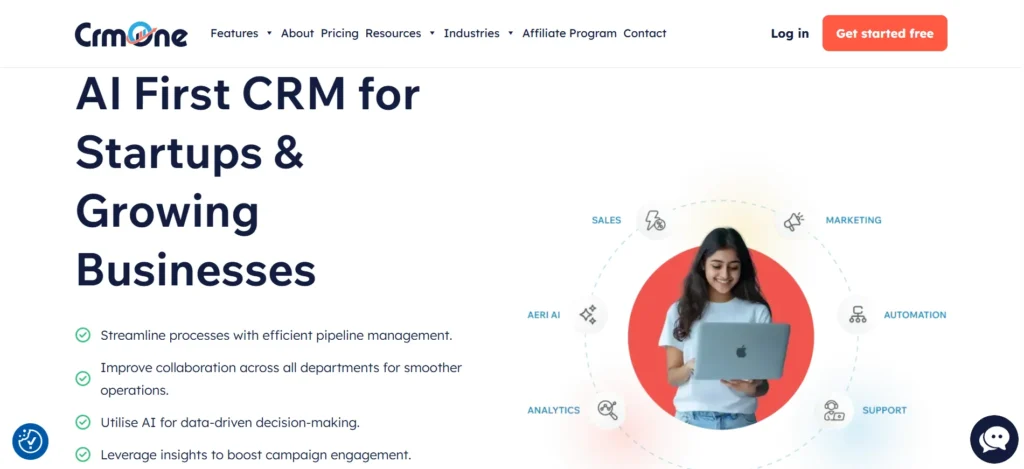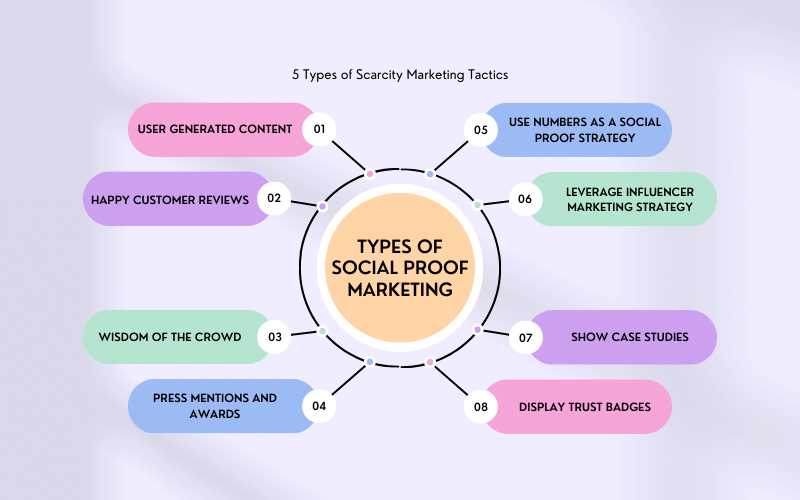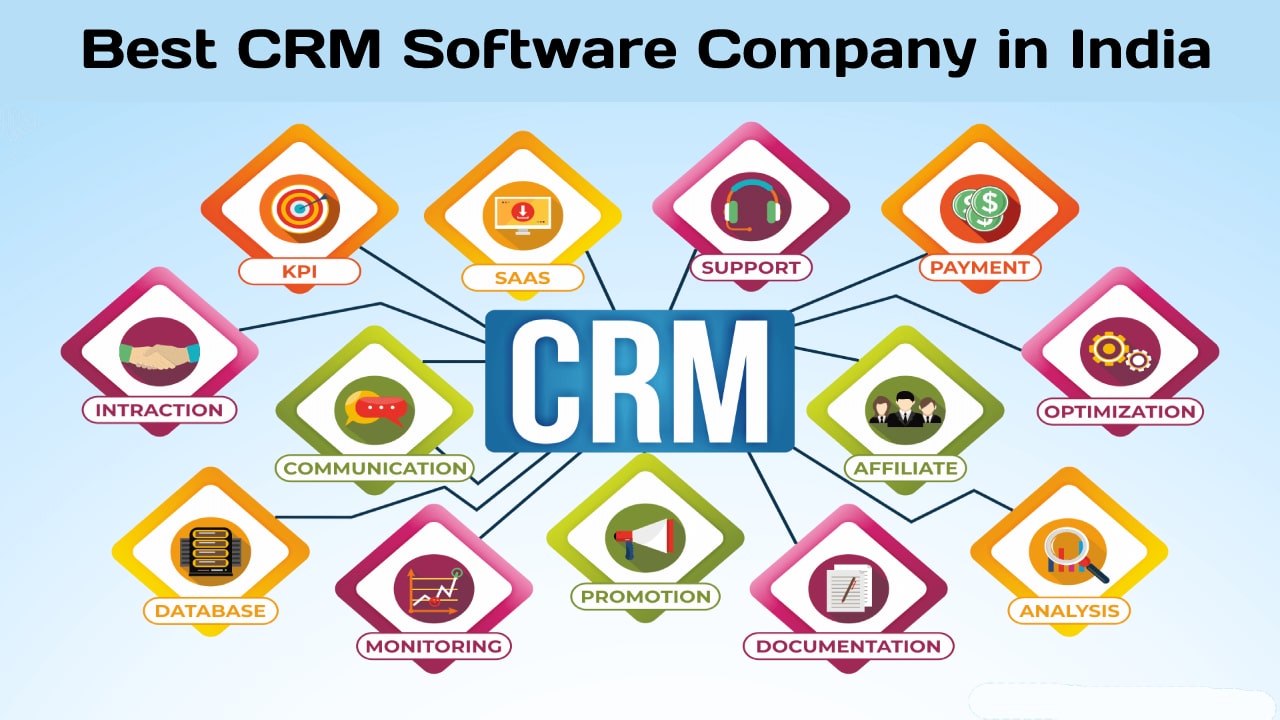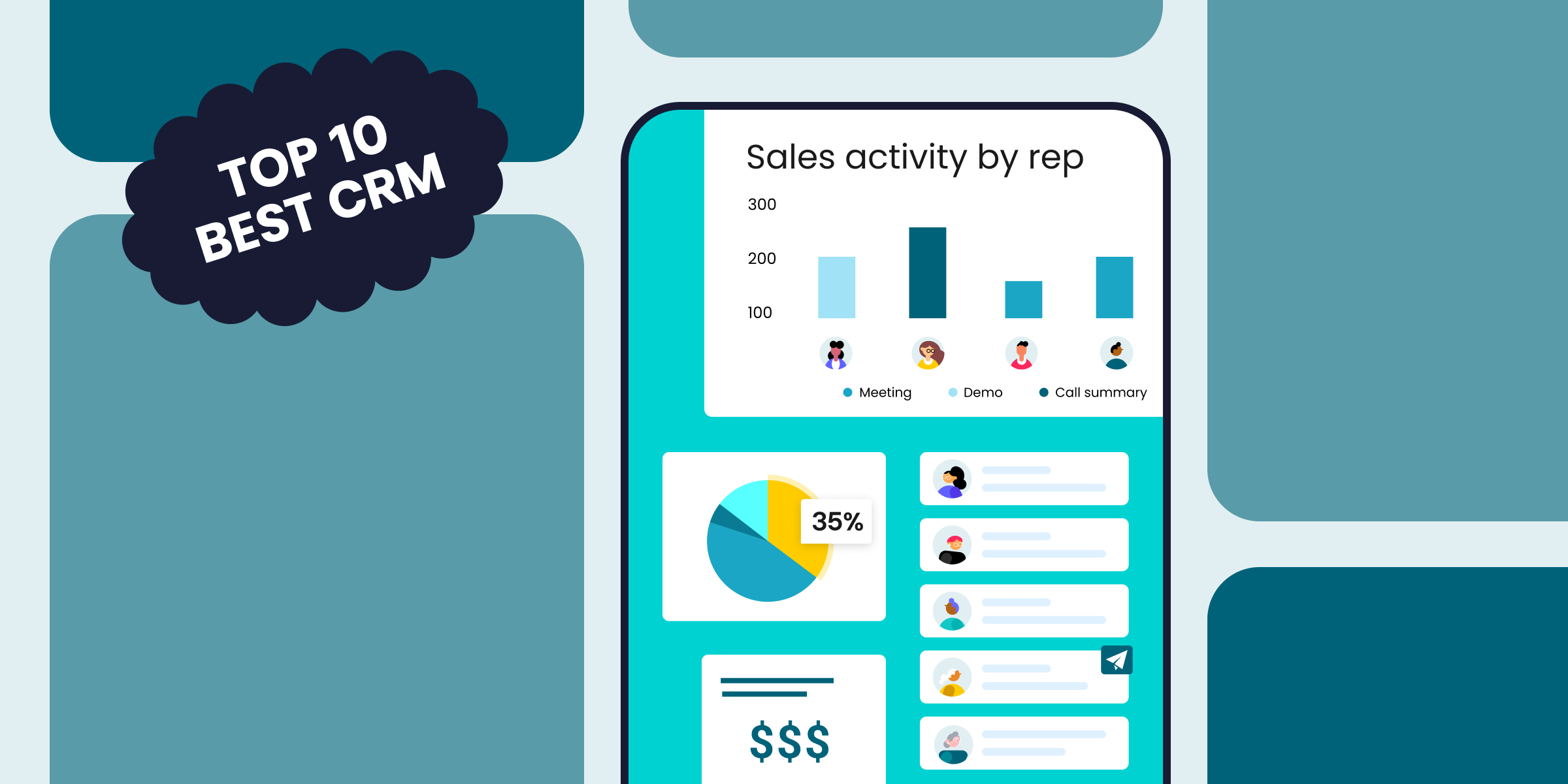Unlocking Growth: A Comprehensive Guide to CRM Marketing Dashboards
In today’s fast-paced business environment, data is king. And when it comes to marketing, understanding your customers and the performance of your campaigns is crucial for success. That’s where a CRM marketing dashboard comes in. This powerful tool provides a centralized view of your customer data and marketing efforts, empowering you to make data-driven decisions and achieve your business goals. This comprehensive guide will delve deep into the world of CRM marketing dashboards, exploring their benefits, features, how to choose the right one, and how to use them effectively.
What is a CRM Marketing Dashboard?
A CRM marketing dashboard is a visual representation of your key marketing metrics, customer data, and campaign performance, all pulled from your Customer Relationship Management (CRM) system. It’s a dynamic, real-time snapshot of your marketing activities, allowing you to monitor progress, identify trends, and make informed decisions. Think of it as your marketing command center, providing you with the insights you need to optimize your strategies and drive revenue.
Instead of sifting through countless spreadsheets and reports, a CRM marketing dashboard consolidates all your important information into one easy-to-understand interface. You can customize the dashboard to display the metrics that are most relevant to your business, providing you with a personalized view of your marketing performance.
Benefits of Using a CRM Marketing Dashboard
Implementing a CRM marketing dashboard offers a multitude of benefits that can significantly improve your marketing efforts and overall business performance. Let’s explore some of the key advantages:
- Improved Decision-Making: By providing real-time data and actionable insights, CRM marketing dashboards empower you to make more informed decisions. You can quickly identify what’s working, what’s not, and adjust your strategies accordingly. No more guessing games – you have the data to support your choices.
- Enhanced Campaign Performance: Dashboards allow you to track the performance of your marketing campaigns in real-time. You can monitor key metrics such as lead generation, conversion rates, and return on investment (ROI). This enables you to optimize your campaigns for better results, identifying areas for improvement and allocating your resources more effectively.
- Increased Efficiency: Consolidating all your marketing data into a single dashboard saves you time and effort. You no longer need to manually collect and analyze data from various sources. This frees up your time to focus on more strategic initiatives, such as developing new marketing campaigns and nurturing customer relationships.
- Better Customer Understanding: CRM marketing dashboards provide valuable insights into your customer behavior and preferences. You can track customer interactions, identify purchase patterns, and understand their overall journey. This allows you to personalize your marketing efforts and provide a more relevant and engaging customer experience.
- Improved Collaboration: Dashboards can be shared with your entire marketing team, fostering collaboration and ensuring everyone is on the same page. This promotes transparency and allows team members to easily access the information they need to perform their jobs effectively.
- Increased ROI: By optimizing your campaigns and making data-driven decisions, CRM marketing dashboards can help you increase your ROI. You can identify the most effective marketing channels, allocate your budget more efficiently, and ultimately generate more revenue.
Key Features of a CRM Marketing Dashboard
A well-designed CRM marketing dashboard should offer a range of features to provide you with the insights you need to succeed. Here are some of the essential features to look for:
- Customizable Dashboards: The ability to customize your dashboard is crucial. You should be able to select the metrics you want to track, arrange them in a way that makes sense to you, and create multiple dashboards for different purposes.
- Real-time Data Updates: The dashboard should provide real-time data updates, so you always have the latest information at your fingertips. This allows you to react quickly to changes in the market and adjust your strategies accordingly.
- Data Visualization: Data visualization is key to understanding your marketing performance. The dashboard should use charts, graphs, and other visual elements to present your data in an easy-to-understand format.
- Segmentation Capabilities: The ability to segment your customer data is essential for personalization. The dashboard should allow you to segment your customers based on various criteria, such as demographics, behavior, and purchase history.
- Reporting and Analytics: The dashboard should offer robust reporting and analytics capabilities. You should be able to generate reports on key metrics, analyze trends, and identify areas for improvement.
- Integration with Other Tools: The dashboard should integrate with your other marketing tools, such as email marketing platforms, social media management tools, and advertising platforms. This allows you to see all your marketing data in one place.
- User-Friendly Interface: The dashboard should have a user-friendly interface that is easy to navigate and understand. You shouldn’t need to be a data scientist to use it effectively.
- Mobile Accessibility: In today’s mobile world, it’s important to be able to access your dashboard on the go. The dashboard should be accessible on mobile devices, so you can monitor your marketing performance from anywhere.
Essential Metrics to Track in Your CRM Marketing Dashboard
The specific metrics you track in your CRM marketing dashboard will depend on your business goals and marketing strategy. However, here are some essential metrics that are commonly tracked:
- Website Traffic: This includes metrics such as website visits, page views, bounce rate, and time on site. It provides insight into how well your website is attracting and engaging visitors.
- Lead Generation: This includes metrics such as the number of leads generated, lead source, and lead conversion rate. It helps you understand the effectiveness of your lead generation efforts.
- Marketing Qualified Leads (MQLs): The number of leads that have met certain criteria and are considered more likely to become customers.
- Sales Qualified Leads (SQLs): The number of leads that have been vetted by sales and are ready for a sales conversation.
- Conversion Rates: This includes metrics such as the conversion rate of website visitors to leads, leads to customers, and customers to repeat customers. It helps you understand how well you are converting leads into paying customers.
- Customer Acquisition Cost (CAC): The cost of acquiring a new customer. It helps you understand the efficiency of your marketing efforts.
- Customer Lifetime Value (CLTV): The predicted revenue a customer will generate over their lifetime. It helps you understand the long-term value of your customers.
- Return on Investment (ROI): The return on your marketing investment. It helps you understand the profitability of your marketing campaigns.
- Email Marketing Metrics: This includes metrics such as open rates, click-through rates, and conversion rates. It helps you understand the effectiveness of your email marketing campaigns.
- Social Media Metrics: This includes metrics such as followers, engagement rates, and reach. It helps you understand the effectiveness of your social media efforts.
- Campaign Performance: Track the performance of individual marketing campaigns, including metrics such as impressions, clicks, conversions, and ROI.
Choosing the Right CRM Marketing Dashboard
Selecting the right CRM marketing dashboard is a critical decision that can significantly impact your marketing success. Here are some factors to consider when choosing a dashboard:
- Integration with Your CRM System: Ensure the dashboard integrates seamlessly with your existing CRM system. This will allow you to pull data from your CRM and display it in the dashboard.
- Features and Functionality: Evaluate the features and functionality of the dashboard to ensure it meets your specific needs. Consider the metrics you want to track, the reporting and analytics capabilities you need, and the level of customization you require.
- Ease of Use: Choose a dashboard that is easy to use and navigate. The interface should be intuitive and user-friendly, so you don’t need extensive training to use it effectively.
- Scalability: Select a dashboard that can scale with your business. As your business grows, you’ll need a dashboard that can handle increased data volumes and more complex reporting requirements.
- Pricing: Consider the pricing of the dashboard and choose one that fits your budget. Some dashboards offer a free version with limited features, while others offer paid plans with more advanced features.
- Customer Support: Look for a dashboard provider that offers excellent customer support. This can be invaluable if you encounter any issues or have questions about using the dashboard.
- Reviews and Ratings: Research reviews and ratings from other users to get an idea of the dashboard’s strengths and weaknesses. This can help you make an informed decision.
- Security: Ensure the dashboard provider has robust security measures in place to protect your data. This is especially important if you are handling sensitive customer information.
How to Use Your CRM Marketing Dashboard Effectively
Once you’ve chosen a CRM marketing dashboard, it’s important to use it effectively to get the most value from it. Here are some tips:
- Define Your Goals: Before you start using your dashboard, define your marketing goals. What do you want to achieve with your marketing efforts? This will help you determine which metrics to track and how to interpret the data.
- Customize Your Dashboard: Customize your dashboard to display the metrics that are most relevant to your business and your goals. Don’t try to track everything – focus on the metrics that matter most.
- Set Up Alerts: Set up alerts to notify you when key metrics change. This will allow you to react quickly to any issues or opportunities.
- Regularly Review Your Data: Regularly review your dashboard to monitor your marketing performance and identify trends. This should be a part of your regular marketing routine.
- Analyze Your Data: Don’t just look at the numbers – analyze the data to understand why things are happening. What are the underlying causes of your results?
- Make Data-Driven Decisions: Use the data from your dashboard to make informed decisions about your marketing strategies. Adjust your campaigns, allocate your budget more effectively, and optimize your efforts for better results.
- Test and Experiment: Don’t be afraid to test and experiment with different marketing strategies. Use your dashboard to track the results of your experiments and identify what works best.
- Share Your Insights: Share your insights with your team and other stakeholders. This will help everyone understand your marketing performance and make better decisions.
- Continuously Improve: CRM marketing is an ongoing process. Continuously improve your dashboard by adding new metrics, refining your reports, and adapting your strategies based on the latest data.
Examples of CRM Marketing Dashboard Use Cases
To illustrate how a CRM marketing dashboard can be used in practice, let’s look at a few examples of different use cases:
- Lead Generation: A marketing team can use a CRM dashboard to track the number of leads generated from different marketing channels, such as social media, email marketing, and paid advertising. They can analyze the conversion rates of leads from each channel to identify which channels are most effective at generating qualified leads. This information can then be used to optimize lead generation efforts and allocate resources more efficiently.
- Campaign Performance Analysis: A marketing manager can use a CRM dashboard to monitor the performance of a specific marketing campaign. They can track key metrics such as impressions, clicks, conversions, and ROI. This allows them to quickly identify any issues with the campaign and make adjustments to improve its performance. For instance, if a campaign’s click-through rate is low, they might adjust the ad copy or targeting to improve engagement.
- Sales and Marketing Alignment: A CRM dashboard can be used to align sales and marketing efforts by providing a shared view of the customer journey. Sales teams can use the dashboard to see which marketing campaigns a lead has interacted with, allowing them to personalize their sales conversations. Marketing teams can use the dashboard to track the conversion rate of leads into customers, providing valuable feedback on the quality of leads generated by marketing.
- Customer Segmentation: A marketing team can use a CRM dashboard to segment customers based on their demographics, behavior, and purchase history. This allows them to personalize their marketing messages and target specific customer segments with relevant offers. For example, they might create a targeted email campaign for customers who have purchased a specific product in the past.
- Customer Retention: A marketing team can use a CRM dashboard to track customer churn and identify customers who are at risk of churning. They can then use the dashboard to track the effectiveness of customer retention efforts, such as loyalty programs and personalized offers. This helps them to proactively address customer concerns and retain valuable customers.
Conclusion
A CRM marketing dashboard is an invaluable tool for any business looking to improve its marketing efforts and achieve its goals. By providing a centralized view of your customer data and marketing performance, a dashboard empowers you to make data-driven decisions, optimize your campaigns, and ultimately drive revenue. By understanding the benefits, features, and best practices for using a CRM marketing dashboard, you can unlock the full potential of your marketing efforts and achieve sustainable growth. Embrace the power of data, and watch your business thrive. The journey to marketing success starts with a clear view – a CRM marketing dashboard is your window to that success.




